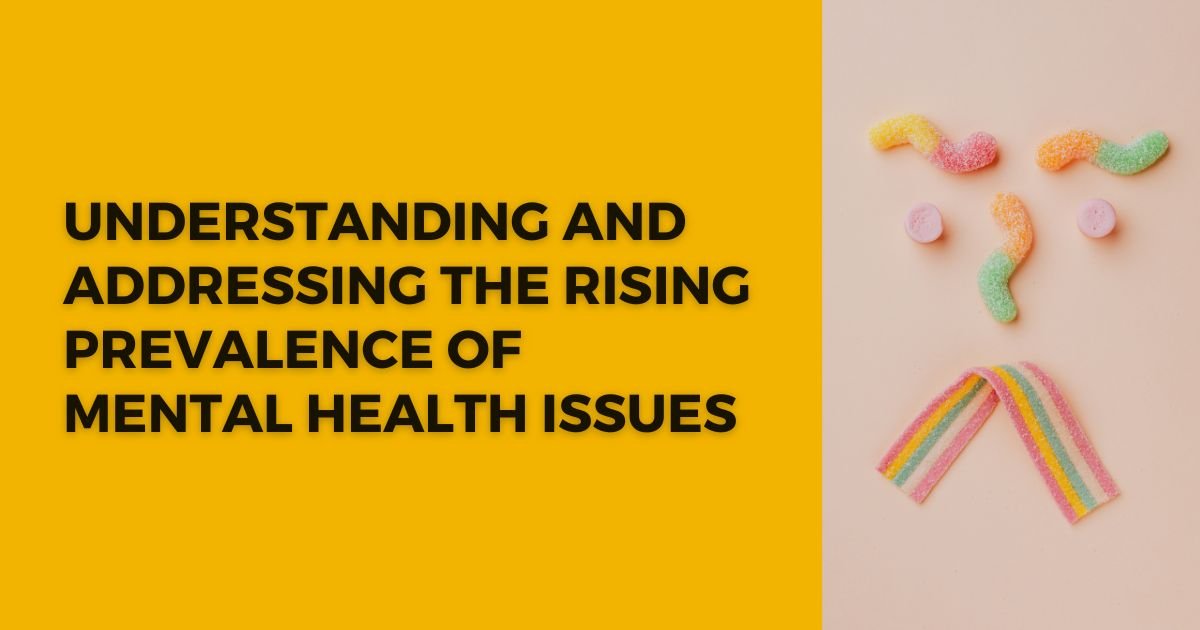Pregnancy is a remarkable journey filled with various physical and emotional changes. While the experience can be joyous, it’s not uncommon for expectant mothers to encounter mood swings throughout their pregnancy. The second trimester, spanning from the 13th to the 28th week, is a critical period where hormonal fluctuations and other factors can contribute to mood swings. In this article, we will explore the causes of mood swings during the second trimester and discuss effective coping strategies to help pregnant women navigate this emotional rollercoaster.
Table of Contents
Understanding Mood Swings in Pregnancy
Mood swings during pregnancy are a common occurrence and can be attributed to the fluctuating hormone levels, such as estrogen and progesterone. These hormonal changes impact neurotransmitters in the brain, leading to emotional ups and downs. Additionally, factors like physical discomfort, body image changes, relationship dynamics, and the anticipation of motherhood can further contribute to mood swings during pregnancy.
Causes of Mood Swings in the Second Trimester
The second trimester brings its own set of challenges that can trigger mood swings. Understanding these causes can help expectant mothers better cope with their emotions. Some common factors that contribute to mood swings in the second trimester include:
- Hormonal changes: While hormone levels stabilize to some extent during the second trimester, they are still higher than pre-pregnancy levels, affecting mood and emotions.
- Physical discomfort: As the baby grows, expectant mothers may experience physical discomforts like back pain, indigestion, or sleep disturbances, leading to irritability and mood swings.
- Emotional adjustment: Pregnancy is a time of significant emotional adjustment. Expectant mothers may have to navigate changes in their body, relationship dynamics, and lifestyle, which can trigger mood swings.
Coping Strategies for Mood Swings
Dealing with mood swings during the second trimester requires a multi-faceted approach. Here are some effective coping strategies that can help:
– Seeking Support from Loved Ones
Share your feelings with your partner, family members, or close friends. Having a strong support system can provide emotional comfort and reassurance during this time.
– Engaging in Relaxation Techniques
Practice relaxation techniques such as deep breathing exercises, progressive muscle relaxation, or prenatal yoga. These techniques help reduce stress and promote emotional well-being.
– Practicing Regular Exercise
Engage in light to moderate exercise regularly, with your healthcare provider’s approval. Exercise releases endorphins, which are natural mood boosters.
– Maintaining a Balanced Diet
Ensure your diet includes a variety of nutrient-rich foods. Proper nutrition can help stabilize your mood and energy levels.
– Getting Sufficient Rest and Sleep
Adequate rest and quality sleep are crucial for emotional well-being. Create a soothing sleep environment and establish a bedtime routine that promotes relaxation.
– Managing Stress Levels
Identify stress triggers and explore stress management techniques such as mindfulness, journaling, or engaging in hobbies that bring you joy.
– Communicating with Your Healthcare Provider
Openly discuss your mood swings with your healthcare provider. They can provide guidance, support, and recommend appropriate resources or interventions if necessary.
Natural Remedies to Alleviate Mood Swings
In addition to coping strategies, some natural remedies may help alleviate mood swings during the second trimester. However, it is essential to consult your healthcare provider before trying any new remedies. Here are a few options to consider:
– Herbal Teas
Certain herbal teas, like chamomile or lavender, are known for their calming properties. However, be cautious and use only pregnancy-safe herbal teas.
– Aromatherapy
Essential oils, when used safely and in moderation, can promote relaxation and emotional balance. Opt for pregnancy-safe oils like lavender or ylang-ylang.
– Massage Therapy
Gentle prenatal massages can help relieve muscle tension, reduce stress, and enhance relaxation.
– Light Exercise
Engage in low-impact exercises like walking or swimming to release endorphins and improve mood.
– Mindfulness and Meditation
Practicing mindfulness and meditation techniques can help you stay present, reduce anxiety, and promote emotional well-being.
When to Seek Professional Help
While mood swings are a common part of pregnancy, it’s crucial to recognize when they become overwhelming or persistently affect your daily life. If you experience severe mood swings, prolonged sadness, feelings of hopelessness, or have difficulty functioning, it is essential to seek professional help. Your healthcare provider can evaluate your symptoms and recommend appropriate interventions, such as counseling or therapy.
Conclusion
Coping with mood swings during the second trimester can be challenging, but it is manageable with the right strategies and support. By understanding the causes, implementing coping mechanisms, and exploring natural remedies, expectant mothers can navigate this emotional phase more effectively. Remember, each pregnancy journey is unique, and seeking support from your loved ones and healthcare provider is crucial. Embrace this transformative experience and focus on your emotional well-being as you prepare to welcome your little one.
FAQs
-
Are mood swings in the second trimester normal?
Yes, mood swings are normal during the second trimester due to hormonal changes and emotional adjustments.
-
Can exercise help alleviate mood swings?
Yes, regular exercise releases endorphins and can improve mood and emotional well-being.
-
Are there any natural remedies for mood swings during pregnancy?
Certain natural remedies like herbal teas, aromatherapy, massage therapy, light exercise, and mindfulness techniques can help alleviate mood swings. However, it is important to consult your healthcare provider before trying any new remedies.
-
When should I seek professional help for my mood swings?
If your mood swings become overwhelming, persistent, or significantly impact your daily life, it is important to seek professional help. Contact your healthcare provider for evaluation and guidance.
-
How can I communicate with my loved ones about my mood swings?
Openly share your feelings with your loved ones and explain that mood swings are a normal part of pregnancy. Request their support and understanding during this emotional phase.
Remember to prioritize self-care. Engage in activities that bring you joy, relaxation, and inner peace. Whether it’s taking walks in nature, practicing yoga or meditation, indulging in a favorite hobby, or connecting with other expectant mothers through support groups, finding moments of solace will rejuvenate your spirit and enhance your emotional well-being.
Lastly, be kind to yourself throughout this transformative journey. Understand that mood swings are a natural part of pregnancy, and you are not alone in experiencing them. Embrace the strength and resilience within you, and celebrate the unique journey you are on. Click here to read more such articles and embark on a path of self-discovery, resilience, and emotional well-being throughout your pregnancy and beyond.














Leave a Reply
View Comments